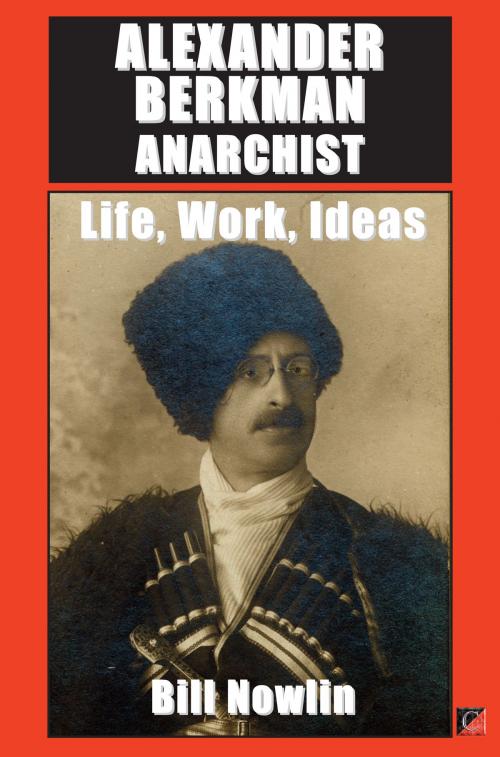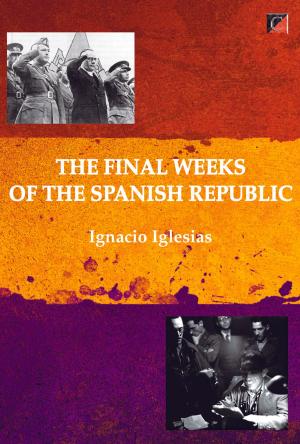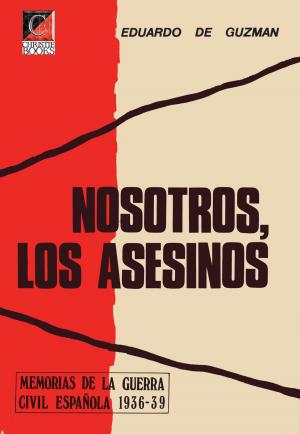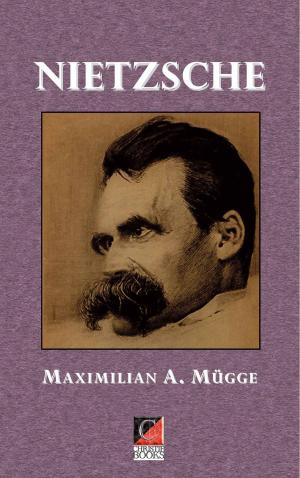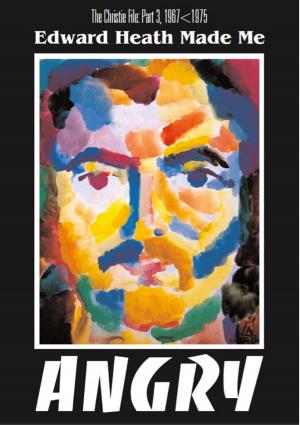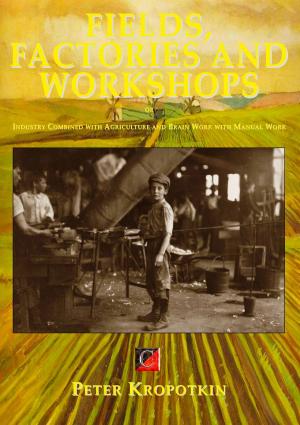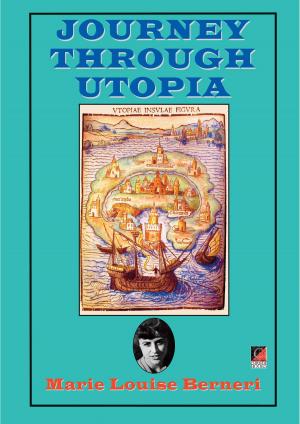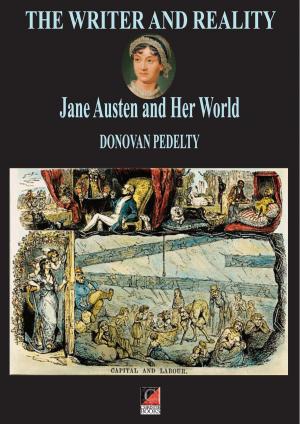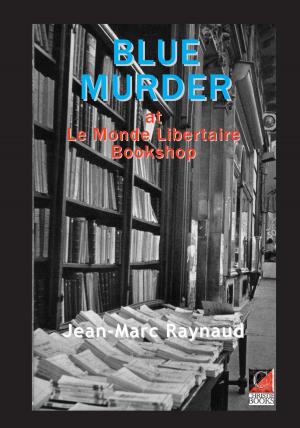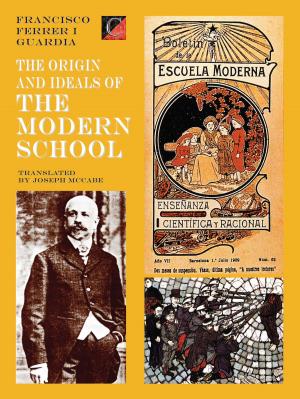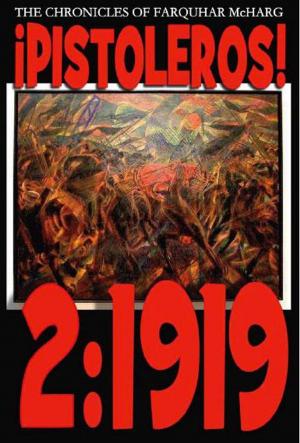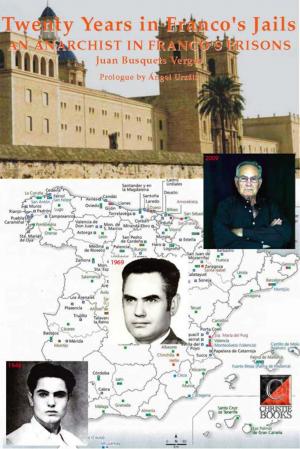ALEXANDER BERKMAN, ANARCHIST
Life, Work, Ideas
Nonfiction, History, Revolutionary, Biography & Memoir, Political, Historical| Author: | Bill Nowlin | ISBN: | 1230000274215 |
| Publisher: | ChristieBooks | Publication: | October 15, 2014 |
| Imprint: | ChristieBooks | Language: | English |
| Author: | Bill Nowlin |
| ISBN: | 1230000274215 |
| Publisher: | ChristieBooks |
| Publication: | October 15, 2014 |
| Imprint: | ChristieBooks |
| Language: | English |
As a young student in Russia, Alexander Berkman claims to have heard the bomb explode which killed Tsar Alexander II in 1881. He emigrated to America and, inspired by the Haymarket martyrs, became active in Jewish anarchist circles. When Henry Clay Frick of Carnegie Steel sent in armed Pinkertons who killed strikers at Homestead Steel, Berkman traveled to Pittsburg and shot Frick in an assassination attempt of his own, hoping to inspire a workers’ revolt. He spent 14 years in prison, then rejoined his comrade Emma Goldman and was active in the free speech movement, in setting up free schools, in the beginnings of the birth control movement, and in defending numerous activists charged by prosecutors. He and Goldman organized against military conscription during World War I and were deported to Russia, arriving shortly after the Revolution. There, as anarchists, they also ran afoul of the Communist Party authorities who were intent on consolidating political power. They had to leave Russia as well, and then to leave Germany, finally landing in exile in France. Throughout, Berkman was a skilled organizer and both edited and wrote numerous publications. His life, his work, and his ideas are explored in this book. The way Berkman lived his life, maturing in his thought but remaining true to his principles, has been an inspiration to those who have known of him.
As a young student in Russia, Alexander Berkman claims to have heard the bomb explode which killed Tsar Alexander II in 1881. He emigrated to America and, inspired by the Haymarket martyrs, became active in Jewish anarchist circles. When Henry Clay Frick of Carnegie Steel sent in armed Pinkertons who killed strikers at Homestead Steel, Berkman traveled to Pittsburg and shot Frick in an assassination attempt of his own, hoping to inspire a workers’ revolt. He spent 14 years in prison, then rejoined his comrade Emma Goldman and was active in the free speech movement, in setting up free schools, in the beginnings of the birth control movement, and in defending numerous activists charged by prosecutors. He and Goldman organized against military conscription during World War I and were deported to Russia, arriving shortly after the Revolution. There, as anarchists, they also ran afoul of the Communist Party authorities who were intent on consolidating political power. They had to leave Russia as well, and then to leave Germany, finally landing in exile in France. Throughout, Berkman was a skilled organizer and both edited and wrote numerous publications. His life, his work, and his ideas are explored in this book. The way Berkman lived his life, maturing in his thought but remaining true to his principles, has been an inspiration to those who have known of him.
